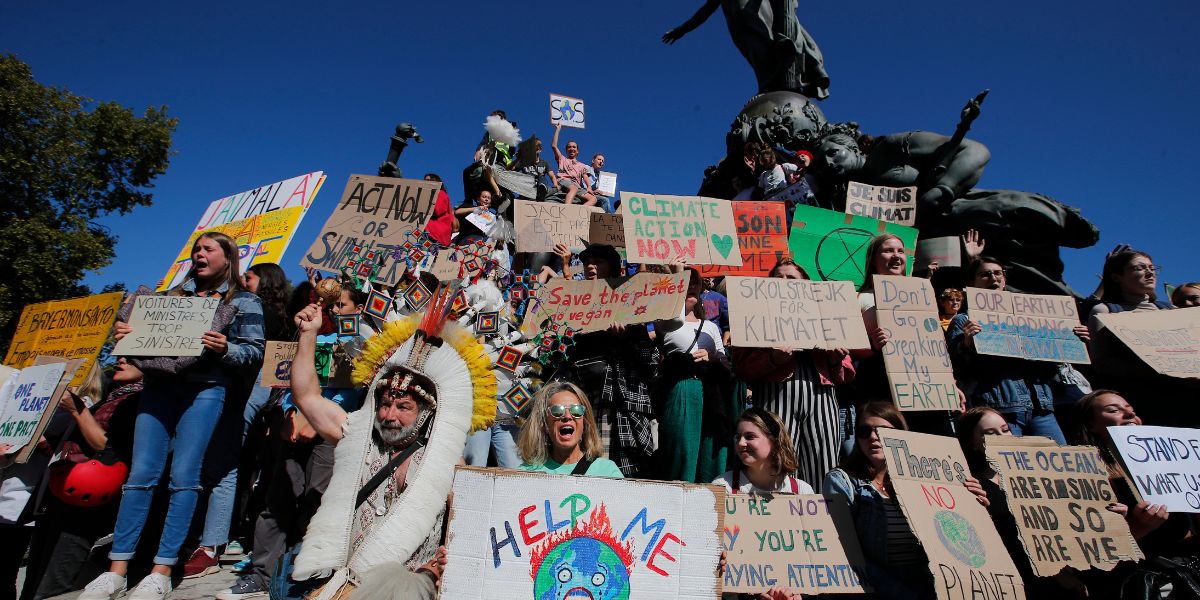Concerned about the future of the state’s battle against climate change, climate activists in Florida are upset about a bill that the state’s House and Senate passed and forwarded to the governor, which would rewrite the state’s energy and environmental laws.
House Bill 1645 aims to drastically alter numerous energy policies and eliminate the majority of references to “climate change” from state legislation.
It will eliminate provisions pertaining to previous climate change programs, like as a grant program for lowering greenhouse gas emissions, and remove eight instances of the phrase from the current legislation if enacted by Governor Ron DeSantis.
Additionally, it would loosen rules governing natural gas pipelines and restrict local governments’ ability to choose where to locate natural gas storage facilities.
Climate activists, such as Bruce Strouble, executive director of Sustainable Future Inc., a Tallahassee nonprofit that focuses on sustainability in the African American community, have vehemently opposed the law. According to Strouble, if the state fails to handle climate change, the federal government has to step in.
“We have to look to the federal government for intervention because Florida is not doing its constitutional mandate to keep citizens safe from the climate change, and that burden falls primarily on Black and Brown populations,” Strouble stated.
Climate advocacy group CLEO Institute’s Leon County regional lead, Samantha Kaddis, concurs that underprivileged populations and outdoor workers are disproportionately affected by climate change.
“A big [issue] that’s on everyone’s minds right now is extreme heat. We saw last summer there was an overwhelming amount of extreme heat advisories and warnings across the state, and marginalized communities who might not have access to air conditioning, or shelter or a roof over their head are going to be way more affected,” she stated.
When discussing potential fixes and paths to protect the state against a climatic crisis, Florida law employs the term “climate change.”
The Florida Statutes’ Chapter 377, Section 601, discusses the legislative aim of the state with regard to energy resources.
As per the statutes, “The impacts of global climate change can be reduced through the reduction of greenhouse gas emissions. In focusing the government’s policy and efforts to benefit and protect our state, its citizens and its resources, the Legislature believes that a single government entity with a specific focus on energy and climate change is both desirable and advantageous.”
HB 1645 would alter these and other sections to reflect broad energy strategies instead of addressing climate change specifically.
Despite some resistance, the law passed both chambers and is now viewed as a significant setback for the state’s climate change programs.
According to the Florida Climate Center at FSU, there has been long-term warming seen in all seasons. Days with extreme heat, defined as 95°F or higher, are predicted to become more frequent in the state.
‘My personal opinion is that the government should take a stance against climate change, ideally at the local, state and federal levels. Striking the phrase ‘climate change’ from laws does not strike climate change from existing and impacting lives,” Jamie Allen, a member of ESP stated.
According to research conducted by Florida Atlantic University’s Center for Environmental Studies, 90% of Floridians accept that climate change is occurring and that the state should take measures to mitigate its effects.











Leave a Reply